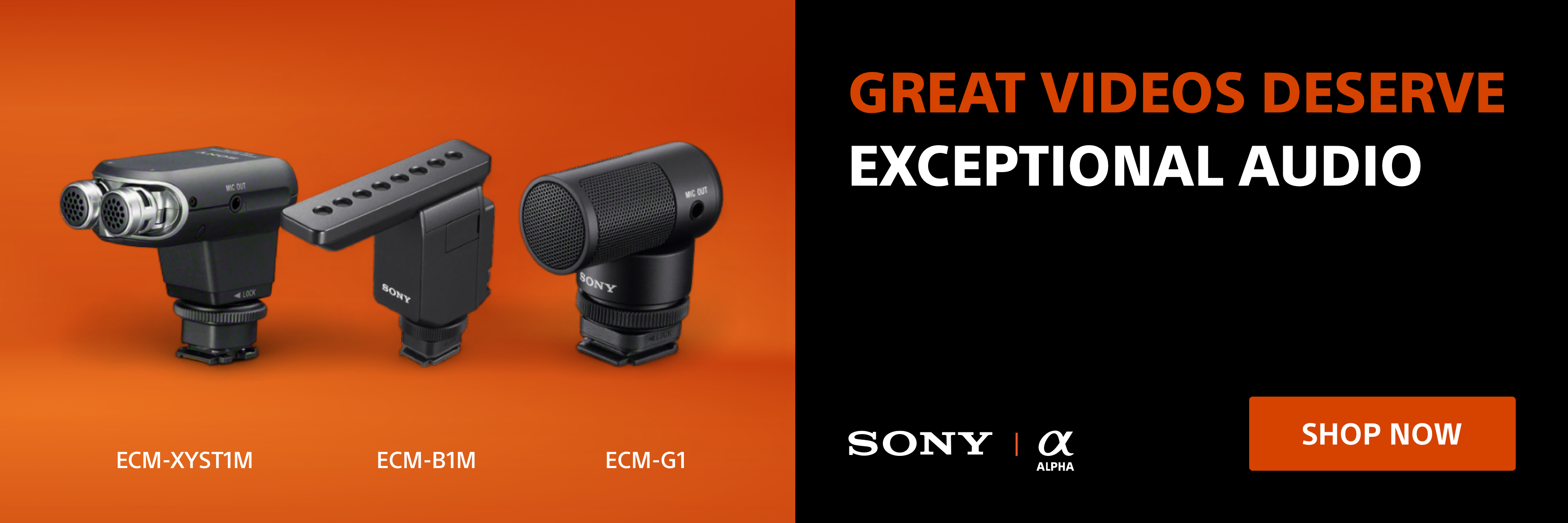A photographer’s agent, usually simply called a “rep,” is someone who helps tackle the business side of assignment photography. From marketing to bidding, portfolio meetings to negotiating, a photo rep is like a photographer’s business partner who handles all the tasks that eat up a photographer’s time and take her away from actually making pictures.
Reps work in exchange for a cut of the photographer’s fee—generally about a quarter to one-third of the creative fee on every assignment. In exchange for that, the best photographer/rep relationships provide what amounts to a business partnership—someone not only stands behind the photographer and their work but also is actively selling the photographer to art buyers and handling the business tasks of every assignment so the photographer is free to concentrate on what they love best—taking pictures. Reps can be immensely helpful in a variety of circumstances, but they aren’t right for every photographer all the time. Here’s how to know if you’re ready for a rep, along with what to consider when it comes to finding the right one for you.
Benefits of A Rep
Sony Artisan and advertising photographer Michael Rubenstein says a rep has been immensely helpful as he works with his advertising clients. He’s worked with a rep for more than a decade.
“The reason it’s helpful is twofold,” Rubenstein says. “First, I don’t want to talk about money with anybody. I want to talk about creative. And if I’m stuck talking about money and I’m not talking about creative, it’s annoying. And it’s weird. Because it can be difficult to negotiate hard if you have to be on set with these people and work closely with them. You can’t be a jerk. But if your rep is a jerk then it’s not you, and also they’re just doing their job. My job is creative. My job is to make good images that work for both the client and myself. The rep’s job is to deal with contracts and money and sales.”
“The second reason is,” he says, “this is a lot of money. It’s not a few thousand dollar editorial job. Some of my jobs have half a million dollar budgets. I’m not getting paid that, but the budget is a half a million dollars. It’s a lot of money. And it’s nice to have somebody who already believes in you enough to put their name with yours. That’s something that makes a big difference in advertising. So if my agent (Rubenstein has had the same rep since 2011) is willing to put her name next to mine on a website, or on a contract, it means she believes that I’m not going to screw it up. And that’s one more person than I would have if I was just working by myself. You’d be surprised how many photographers screw it up just because they don’t have the team that’s necessary to pull off big jobs. It’s important for these agencies and the people that do the hiring in the ad agencies to know that you have a competent team behind you to help with all the details and to make sure that everything is seamless and that everything works when it has to work.”
Midwest food photographer Jennifer Silverberg has been with her rep, Kathy McGuire-Mullins, for two-and-a-half years. Silverberg credits her rep with helping her make 2016 her most successful year in business.
“Those clients would not have found me,” Silverberg says. “I absolutely would not have had the same kind of year. I wouldn’t be able to spend time on estimates, I wouldn’t be able to give my clients the attention in the way they have every right to feel they should got it—the handholding and walking-through process and pre-production and all of that. I came from a situation where I was a sort of journalist, and I was the sole photographer, the only person in my department. There was great joy to that, but I also had never worked in any sort of collaborative environment. With my rep, someone has my back!”
Is A Rep Right For You?
“I read this article a long time ago,” Silverberg says, “and it said ‘You know you’re ready for a rep when you don’t really need one.’ I thought that was so interesting, and I loved that and it stuck with me. I was at a point a few years ago where I realized I don’t think I can work any more hours in a week. I am busting my ass and I’m doing okay, I’m paying my bills, my life is good, but if I don’t want to run around like a chicken with my head cut off for the rest of my life, I’d better figure something else out.”
What Silverberg figured out was that she could hire a rep to handle the nasty tasks of sales, bidding and pre-production in order to have more time to focus on the parts of being a photographer that she truly loved.
“I was working too hard for not enough money,” she says. “For me it was a very clear thing: I can’t work harder. Is this enough? If it’s not, if it’s not where I want to see myself and I have to do something. If you’re not making the kind of money you want to make, or you’re not leading the lifestyle you want, whatever that means, if it means you only want to work two days a week, fine. Whatever that is… I also realized I’m fine right now and I don’t mind working this hard, but there’s going to come a time when I’m not going to want to be running around doing multiple shoots each day.”
Expectations Of The Rep And Of You
Silverberg says if your business is slow and you’re not finding enough work, a rep will not solve your problems. You can’t afford a rep if you’re looking for a quick fix for a sluggish bottom line. “The rep is going to have expectations of you,” she says. “You still pay for all of your marketing and they’re going to want you to do marketing at least three times a year. If you can’t afford that, if that’s a hardship, then you’re not ready for a rep. They’re not going to do all that; they’re going to sell you and they’re going to do their freaking job. They do different things for different people. It’s not uniformly the same thing. That’s why you interview them and talk with them: what is it going to mean for me and for my business?”
Not only are you interviewing potential reps, they’re interviewing you. First and foremost, they need to determine if they understand your work and what you bring to a client’s assignment. Can they sell you? To help them help you, it’s imperative to find your niche and excel within it.
“It’s not like I need all the clients,” Silverberg says. “I need the right ones. Finding your niche is going to make you interesting to a rep. In your local market it’s okay to be a generalist, but on a national level you absolutely have to be a specialist. This is what I tell my students when it comes to a portfolio: you do not put the work in your portfolio that you can do, you put the work in your portfolio that you want to do. That’s what your rep is going to want from you. Because you’re going to keep on attracting the work you don’t want to do if that’s what you’re showing you can do.”
“You have to be a good fit for each other,” she adds. “You might be the best rep in the business, but if we’re not a good fit then you’re not right for me. Start by looking at a rep’s page, see the type of photographers they rep. Are you a good fit?”
Some photographers may prefer to hire an employee as an in-house producer and project manager, preferring the fixed cost of a salary in lieu of the variability of contracting with an outside rep. Others simply hesitate when it comes to the idea of sharing a significant cut of the profits with a rep. But as Silverberg points out, would you rather have all of a smaller pie or three-quarters of a much bigger pie?
“I’ll take that bigger pie any day,” she says. “Yes, she gets a commission on every commercial job I shoot. But you know what, she’s bringing in clients to me that I never would’ve seen otherwise. She’s putting her reputation on the line to stand behind me. For someone who came from years of being on her own in a way that I never even knew this kind of relationship could exist, it feels almost decadent. I feel like I’m part of a team, I don’t just feel like I have a rep. And I don’t know a lot of people feel that way with their reps. I’m in a really fortunate position.”



